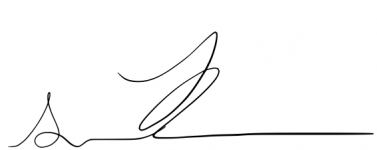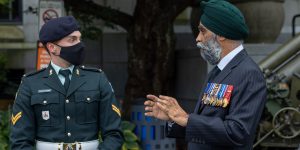If there's one thing to know about the military, it's that when you're told to do something, you get the job done.
The same is true for me when I was appointed as a the Commander of Alpha Detachment this September, one of two sections that make up the Training Troop of 15th Field Artillery Regiment. This is my first foray into non-commissioned leadership since I joined the Army Reserve in 2019.
I'm the direct supervisor of five private recruits, new members of the Canadian Armed Forces at varying stages of their Basic Military Qualification. Some of the troops are already nearing the end of the months-long course that runs on the weekends, while others will be taking the five week-long, full time course this summer.
Everything in an army unit flows through the Chain of Command; information, orders, memoranda flow up and down each respective level of leadership to get where they need to go. As these troops' supervisor, it's my job to make sure they get the information they need to know in a timely manner, and that I get any of their concerns pushed up to higher command as quickly as possible. Communication comes through the forms of orders from the Troop Sergeant-Major above me, the Troop and Battery Commanders above him, sometimes right up the rungs of the ladder right up to the Commanding Officer. It's imperative to make sure information flows effectively to keep the Chain functional.
On our training nights, I assist instructors who teach the new recruits everything from drill, to weapons handling, and fieldcraft. These lessons prepare the new members for their upcoming training courses, to help give them the best chance of success in their introductory military courses. In the reserves, everyone has something outside the army - school, work, families, so a key part of my role is tracking what's happening with all my troops individually. It's my job to be in the know, to make sure they can balance their army commitments with their other priorities, and to help support the members when they need it.


My time as a Detachment Commander has helped hone leadership skills that can be applied in any context. Making sure you're communicating upwards and downwards the information that needs to be relayed is a core component of an effective team.
This experience also has implications for my own personal goals within the military. I'm currently in the process of earning a commission as an officer in the Army Reserve and transferring to the trade of military intelligence. The skills and nuance of military leadership in this role will undoubtedly give me a great foundation to build up my capacities as a leader in the Canadian Armed Forces.